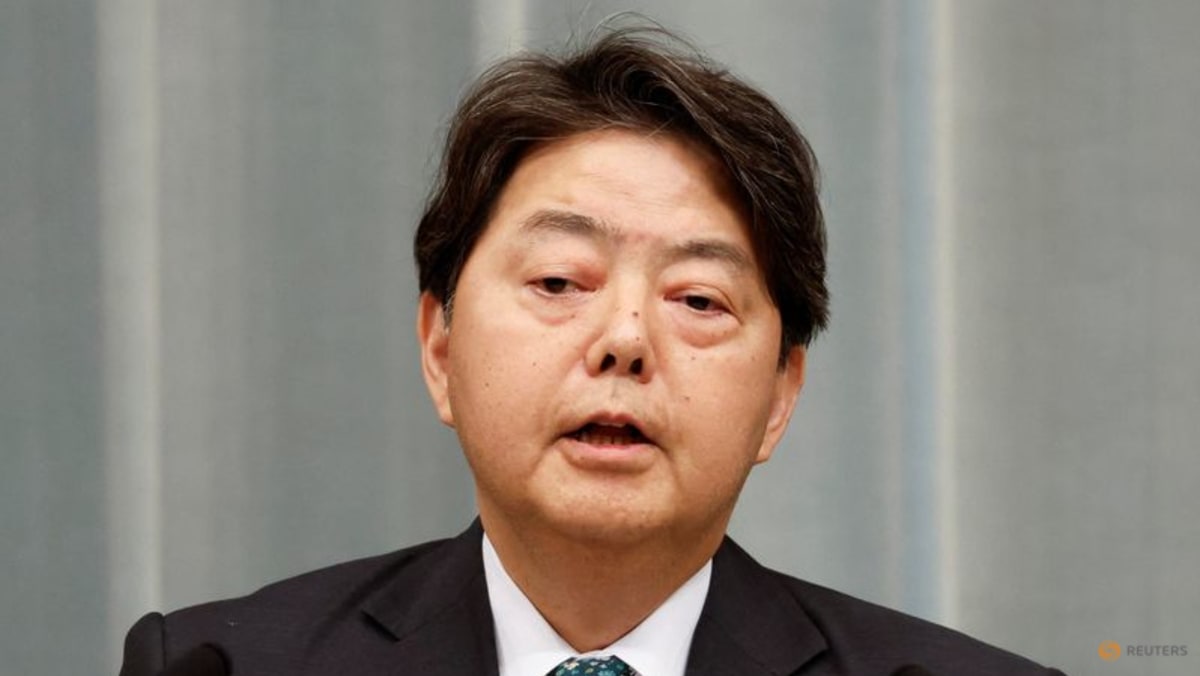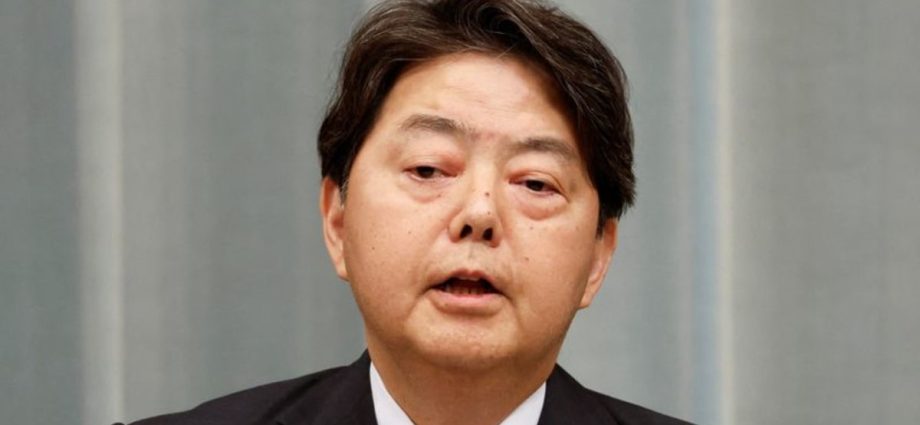
Disputes over forced labour and wartime sex abuse have soured relations between Japan and South Korea for decades.
In an effort to mend ties with Tokyo, conservative South Korean President Yoon Suk Yeol announced in March former forced labourers would be compensated through an existing public foundation funded by South Korean private-sector companies.
Yoon’s plan for resolving the cases was hailed by US President Joe Biden as “groundbreaking” but faced backlash from some victims and South Korea’s main opposition party, and cases have continued to move forward.
In two separate cases dating back to 2013 and 2014, Mitsubishi Heavy Industries and Nippon Steel were ordered to pay 1.17 billion won (US$898,000) to 11 victims or their relatives.
“It’s a significant case that shows a diplomatic compromise between South Korea and Japan won’t make the issue of forced labour go away,” said Kim Yeong-hwan at the Center for Historical Truth and Justice, a civic group helping the forced labour victims.
The decision also reaffirms a 2018 ruling acknowledging the former labourers’ right to reparation was not terminated by the 1965 treaty and rejecting Tokyo’s position, Kim said.
Some victims were between 13 and 14 years old when they were forced to work at an aircraft factory for eight to ten hours a day without pay in 1944, the group said.
All the plaintiffs involved in the litigation have since died except for one family member, according to the group.
The court ruling came as senior South Korean and Japanese diplomats were due to hold high-level economic talks in Seoul on Thursday for the first time in eight years in a further effort to improve ties as the countries are drawn closer by shared geopolitical concerns.

